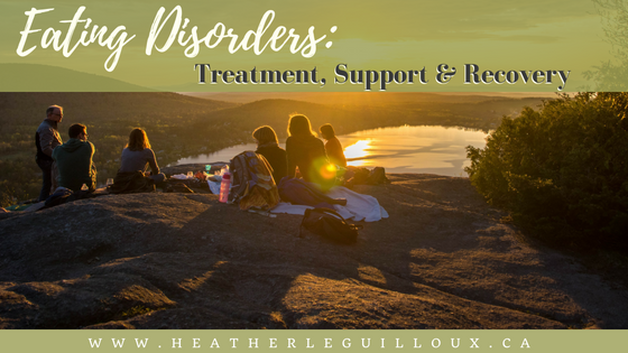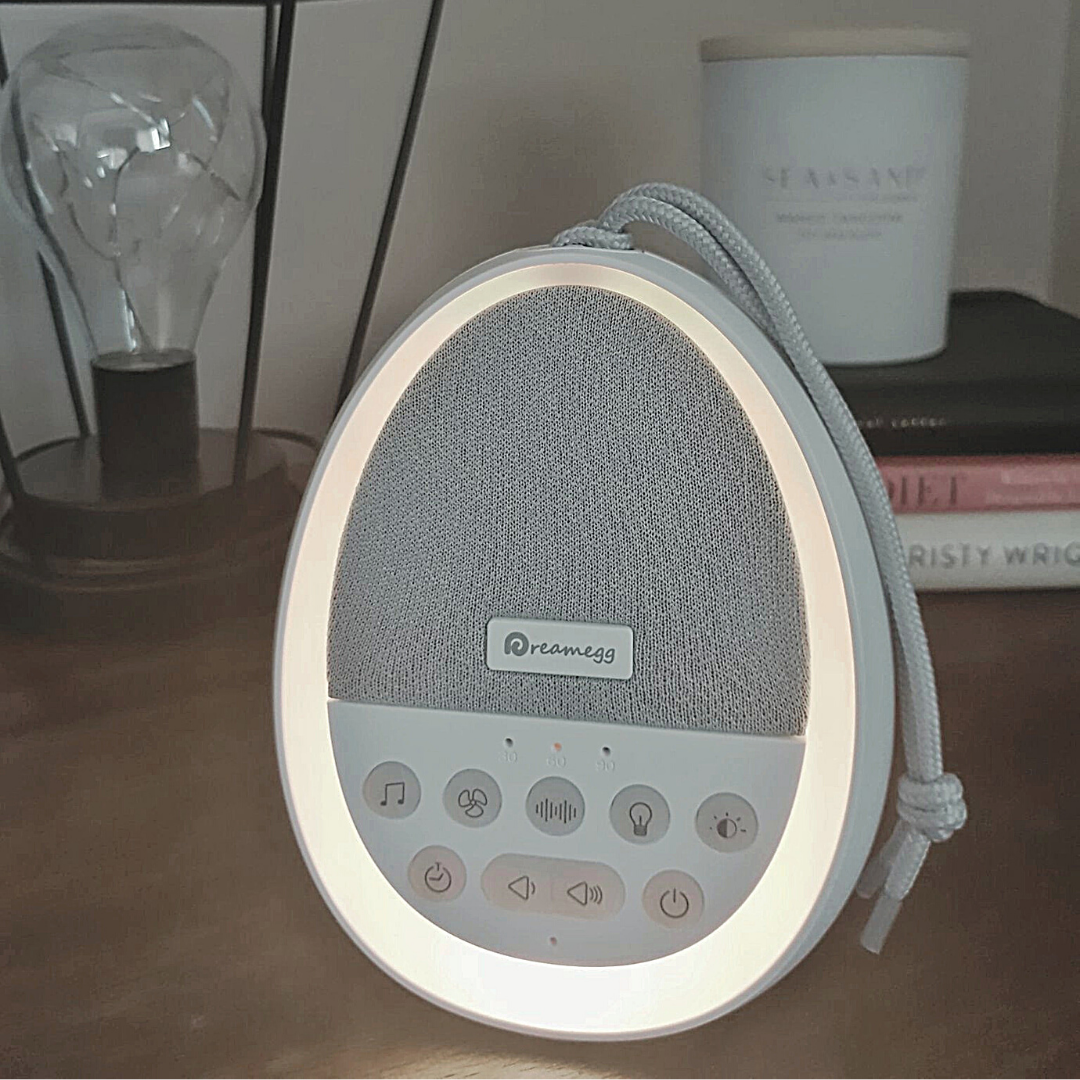|
|In this fifth and final article in a series focusing on eating disorders we will explore the treatment and support options that can help an individual diagnosed with an eating disorder to work towards recovery. We will also discuss the common occurrence of relapse during this process.
Please note: The information in this article is not medical advice. If you are concerned about your health and well-being, or you are concerned you may have an eating disorder or if you or someone else is in an immediate crisis situation, reach out to a health professional, crisis line, or your nearest emergency service for more support.
Treatment
There are many different levels and types of treatment options available for an individual experiencing an eating disorder. Just like other mental health disorders, there is no one-size-fits-all style of treatment.
Finding the support and level of care that works for an individual can depend on many factors so a proper assessment by a specialist can be a crucial first step on the road to recovery. There may also be several different specialists involved throughout the process to treatment including physicians, psychotherapists, psychiatrist, dietitians, a case manager and other skilled support such as yoga teachers. Find an eating disorder specialist in your area to start the process of getting help and moving towards recovery. A professional can help you to identify the underlying issues and recommend the recovery process that is best for you. Levels of Care
Types of Therapy
There are many other therapies that can be used to treat eating disorders, including family-based therapies that include individual support for family members and family counselling sessions that provide psychoeducation to the entire support system with the hopes of moving towards recovery. Support
For an individual experiencing an eating disorder, having a support network that includes professional and allied help and also friends and family can be extremely beneficial to show that there are many sources of support to reach out to or lean on while going through treatment, recovery or even relapse.
If you know someone who may be struggling with their mental health, simply being there to listen can go a long way. Ensure an individual is wanting your help, rather than forcing treatment. Unless an individual is in danger and needing immediate medical support, allow them to seek support in their own time. Sometimes the first step towards having support is by letting a trusted individual know that things aren't okay and that help would be appreciated. Helplines can also be another source of support, especially in the initial stages of having help. Accessing websites that share verified information about eating disorders and treatment options can also be a good first step. A few great websites for more information:
Need help creating a support network? Access the free, printable support network printable to create a document you can quickly access with contact information to know who to reach out to when you need support. Relapse & Recovery
The National Eating Disorders Collaboration explains that "relapse can be a common part of the recovery process; many people with eating disorders experience a relapse or recurrence as they recover from their disorder and learn to manage their eating habits".
Some risk factors increasing the chance of relapse include:
Warning signs of relapse:
Rather than considering a relapse back into the behaviours or mindset connected to the eating disorder as a negative occurrence, it can be beneficial to take the perspective of learning about the triggers or causes of the relapse in order to use this information to work towards recovery again. Recovery can be a lengthy, sometimes lifelong, process and it can be important to have a recovery plan to follow as well as supports to reach out to should there be concerns of a possible relapse or just a tough day or week. Some questions an individual can ask themselves during recovery:
3 Important Takeaways from This Series1. You are not alone. My goal for writing this series on eating disorders was to show that mental health concerns like this are a lot more common than many people may realize. The first step towards having support can be to recognize that something may be happening and to let someone know. 2. Treatment is possible. Knowledge about the fact that there are many different treatment options available can hopefully provide some hope for individuals who may be struggling with the symptoms of an eating disorder and having a hard time finding hope. Treatment is not one-size-fits-all and it may take a few tries to find what works. 3. Relapse can happen but so can recovery. Remember that relapse is quite common while going through treatment but knowing the potential risk factors and warning signs of a potential relapse can help an individual stay on the road to recovery with a support network. Check out the other articles in this series about eating disorders byclicking here. MENTAL HEALTH RESOURCE VAULTGreat!Check your email for instructions on how to access the Mental Health Resource Vault. :)
Bookmark the other articles in this series:
References: nationaleatingdisorders.org, nedc.com, cmha.org
The links on this page may be embedded with affiliate links that I am compensated for at no additional cost to you. If you or someone you know is in crisis and need immediate support, please reach out to your local emergency service or crisis line.
8/17/2018 05:18:48 pm
Absolutely true, Nicole! Thank you for sharing your support to those who may be struggling. 8/17/2018 05:53:46 pm
I'm glad this article was interesting for you to read, Jennifer. I hope your child finds some support, as well. 8/3/2018 05:42:43 am
I like how you addressed relapse - because no matter what the issue is, it can happen - but so does recovery. Thanks for not glossing over that 8/17/2018 06:16:15 pm
Yes, relapse is so important to recognize as part of the recovery process for many people. Thanks so much for your comment, Jasmine!
Veronika
8/4/2018 07:39:56 am
Great information. This is a topic that needs to be discussed more. I loved your insight. 8/17/2018 06:37:29 pm
I'm glad you enjoyed the information shared in this article, Veronika! I've been in inpatient treatment as well as residential, intensive outpatient, etc. It was truly life changing. They used a combination of ACT, DBT, CBT, probably others as well! I think it's so important that people realize the medical world is flexible, too. Many programs will work with your schedule. I know many people struggling use the excuse of "I can't afford to miss work/school/etc". But many centers will build a program around your schedule. If you're reading this and struggling, I can personally promise that there is hope. 8/17/2018 07:46:13 pm
Thank you so much for sharing this information and your experience! It can be so important for others to hear that there is support out there and it can make a difference. All the best, Brooks. Comments are closed.
|
Welcome to the blog!↓ That's me, Heather. :)
MENTAL HEALTH RESOURCE VAULTGreat!Check your email for instructions on how to access the Mental Health Resource Vault. Categories
All
Popular Posts// 25 Positive Mindset Quotes
// Self-Care Bullet Journal Spreads // 7 Ways Your Physical Health is Connected to Your Mental Health |






 RSS Feed
RSS Feed
















